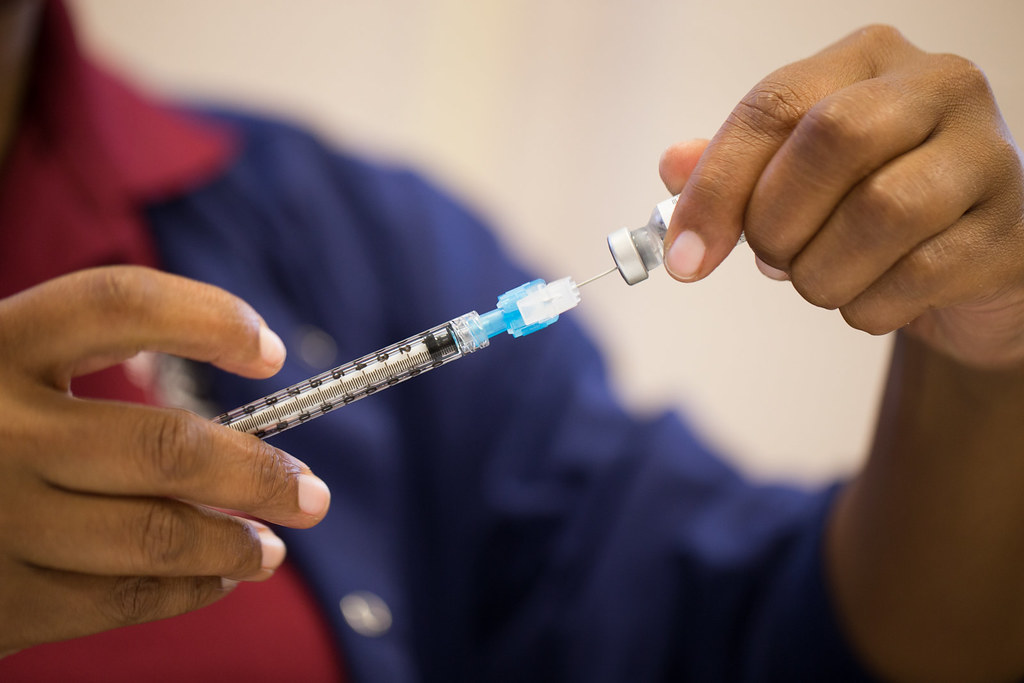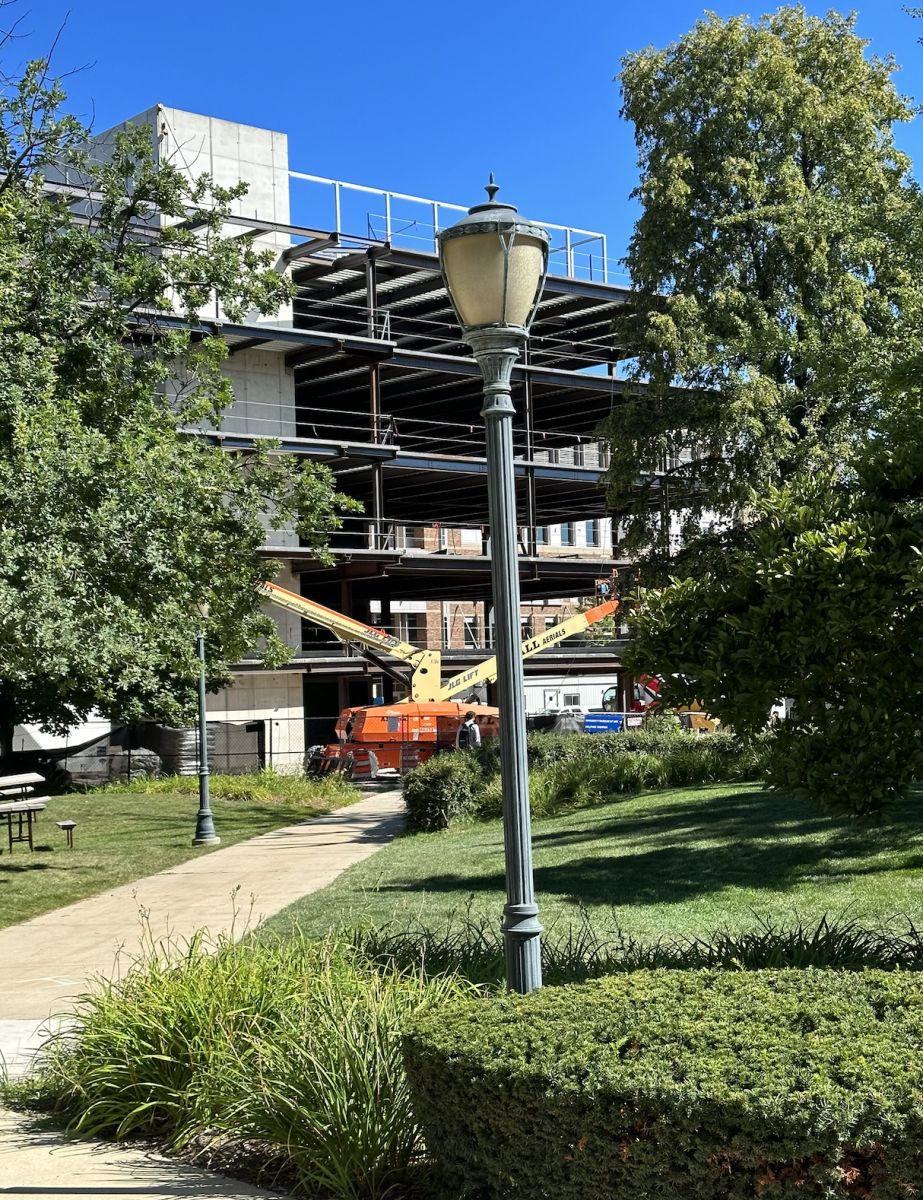This past month, the shift to online classes as a result of the COVID-19 outbreak has forced Marquette’s academic programs to adjust. For the students in the College of Nursing, there has been a shift in how clinical courses are handled.
Clinical courses are an opportunity for Marquette Nursing students to take what they have learned in the classroom and labs and apply it to real world patient care, as they are placed in medical care facilities with an experienced instructor, according to Marquette’s website. Students in Marquette’s Nursing program begin clinicals during their junior year. There is one instructor and typically no more than eight students in a single clinical group, and each group gets experience in multiple different facilities in the Milwaukee area, Marquette’s website says.
Eric Escoto, a junior in the College of Nursing, said the department originally planned to continue clinicals while classes were suspended for the coronavirus, but decided to cancel the programs after many students and faculty had to self-quarantine after traveling over spring break.
“Since clinicals aren’t happening, it’s pretty concerning because students are lacking experience and contact hours with our patients,” Escoto said in an email. “We need this experience to get used to the patient care environment and provide safe and effective care.”
However, nursing students are still working to gain medical experience remotely and are on track due to the temporary vSims replacement.
“In place of clinicals, students are now working on virtual simulations, or ‘vSims,'” Cecilia Van Gompel, a junior in the College of Nursing, said in an email. “The nursing school is also working with a company known as Lippincott who is well known for their medical simulations. The software is pricey, but Marquette has put us in pilot programs and covered all costs of the access codes.”
Escoto said despite some kinks in the virtual simulation system, it has overall been a positive alternative for students while they are unable to work in person.
With health care workers now more essential than ever, Escoto said the nursing department is taking measures in order to help assist in combating the coronavirus.
“The nursing department is doing their best to promote social measures to prevent COVID-19 transmission such as social distancing and proper hygiene,” Escoto said in an email. “My clinical instructor temporarily resigned from her position to help the populations in need.”
Van Gompel said her personal adjustment to online learning has not been too difficult, since she has previously taken other online classes and has a routine for herself. However, she said nursing is particularly difficult to learn remotely.
“With nursing school, the transition was rough because none of the classes were meant to be taught online,” she said. “There was a bit of a learning curve to classes for both students and professors and I feel a bit short-changed without the hands-on experiences. Thus, classes are harder because I am unable to apply the knowledge I am currently learning and have to make up ground for applying this knowledge which would help me to learn it forever.”
Janet Krejci, dean of the College of Nursing, said she thinks nursing students and faculty have responded positively to the change to online learning.
“We have had enthusiastic participation from our students, and while they miss being in a clinical setting and are dealing with their own stress to this pandemic, as we all are, we have had positive responses about the simulations,” Krejci said in an email. “Our faculty are amazing and committed to excellence with every teaching moment to create the ‘Marquette Nurse,’ which our health care partners value highly.”
This story was written by Nick Magrone. He can be reached at nicholas.magrone@marquette.edu.






